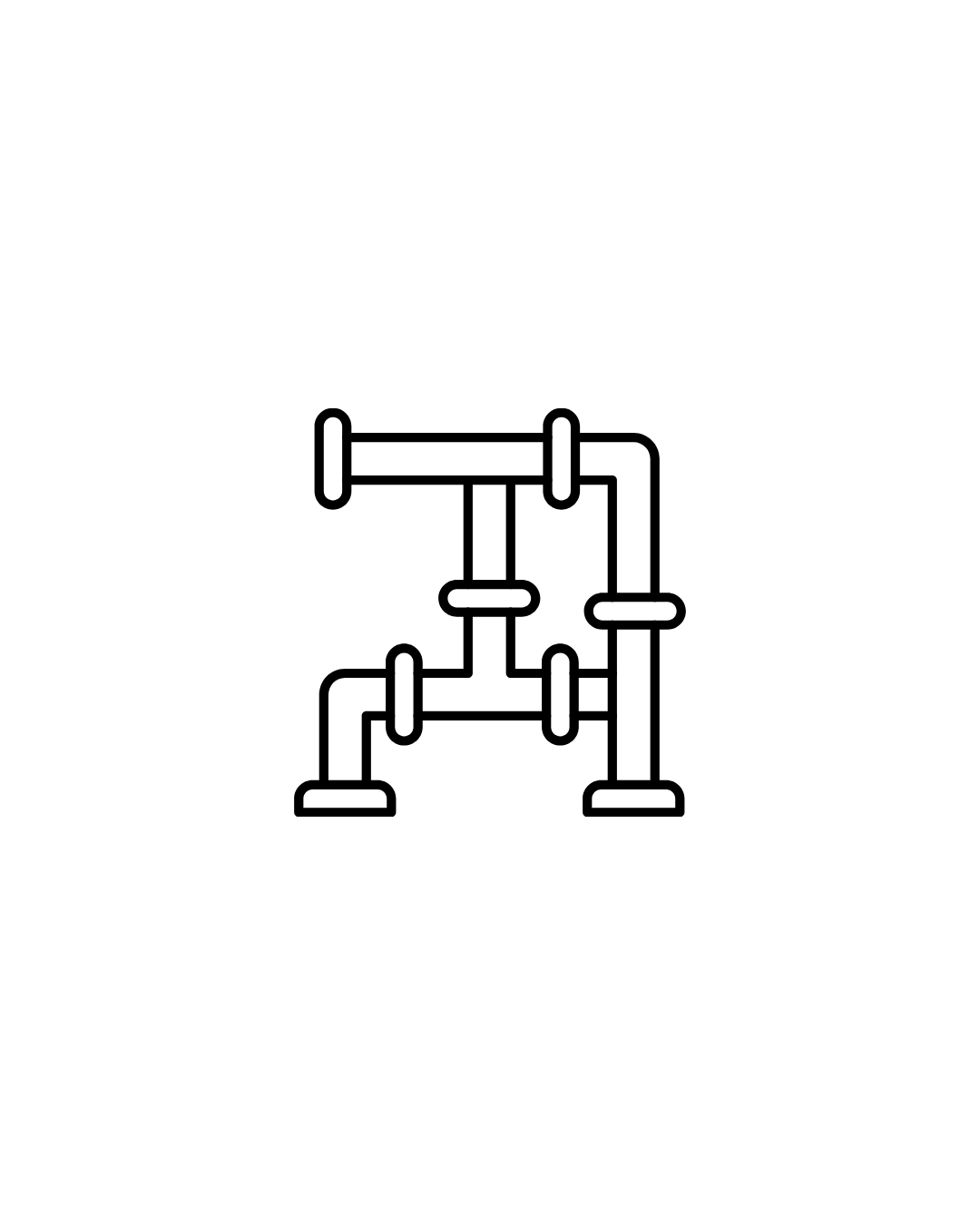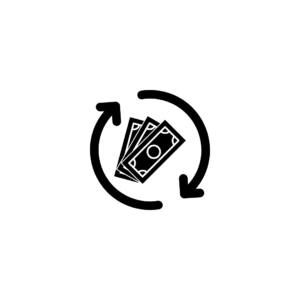Description
Course Details
Piping Engineering Fundamentals: You’ll learn the basic principles of piping engineering, including fluid mechanics, thermodynamics, material science, and piping codes and standards.
Piping Design and Drafting: You’ll gain expertise in using computer-aided design (CAD) software to create 2D and 3D piping layouts, isometrics, and P&IDs (Piping and Instrumentation Diagrams).
Piping Materials and Components: You’ll study various piping materials, such as steel, stainless steel, alloys, and plastics, understanding their properties, applications, and selection criteria. You’ll also learn about piping components, such as valves, flanges, fittings, and supports.
Piping Fabrication and Installation: You’ll gain knowledge of piping fabrication techniques, including cutting, bending, welding, and assembly. You’ll also learn about piping installation procedures, including testing and inspection.
Piping Maintenance and Repair: You’ll learn about preventive and corrective maintenance procedures for piping systems, including inspection techniques, troubleshooting, and repair methods.
Process Plant Operations: You’ll gain an understanding of process plant operations, including process flow diagrams, equipment layouts, and safety procedures.
Instrumentation and Control: You’ll learn about instrumentation and control systems used in piping systems, including sensors, actuators, and control valves.
Safety and Environmental Regulations: You’ll study safety regulations and environmental compliance related to piping systems, including hazard identification, risk assessment, and pollution control.
Practical Training: Most B.Voc programs include internships or fieldwork in industries that utilize piping systems, such as oil and gas, chemical processing, power generation, or pharmaceuticals, providing hands-on experience.
Job Opportunities
Graduates of the B.Voc in Piping Technology program can find employment in various industries, including:
Piping Designer/Drafter: Creating piping drawings and layouts using CAD software.
Piping Engineer: Designing and overseeing the installation of piping systems.
Piping Supervisor/Inspector: Supervising and inspecting piping installation and maintenance activities.
Piping Technician: Performing hands-on installation, maintenance, and repair of piping systems.
Process Engineer: Working in process plants to optimize piping systems and ensure efficient operations.
Project Engineer: Managing piping projects, ensuring their successful completion within budget and schedule.
Quality Control Inspector: Inspecting piping materials, components, and installations to ensure quality standards.
Key Skills for Success
Technical knowledge of piping engineering principles
Proficiency in CAD software for piping design
Understanding of piping materials, components, and installation techniques
Problem-solving and analytical skills
Attention to detail and accuracy
Communication and teamwork skills
By pursuing a B.Voc in Piping Technology, you can gain the specialized skills and knowledge needed for a rewarding career in industries that rely on complex and critical piping infrastructure.









